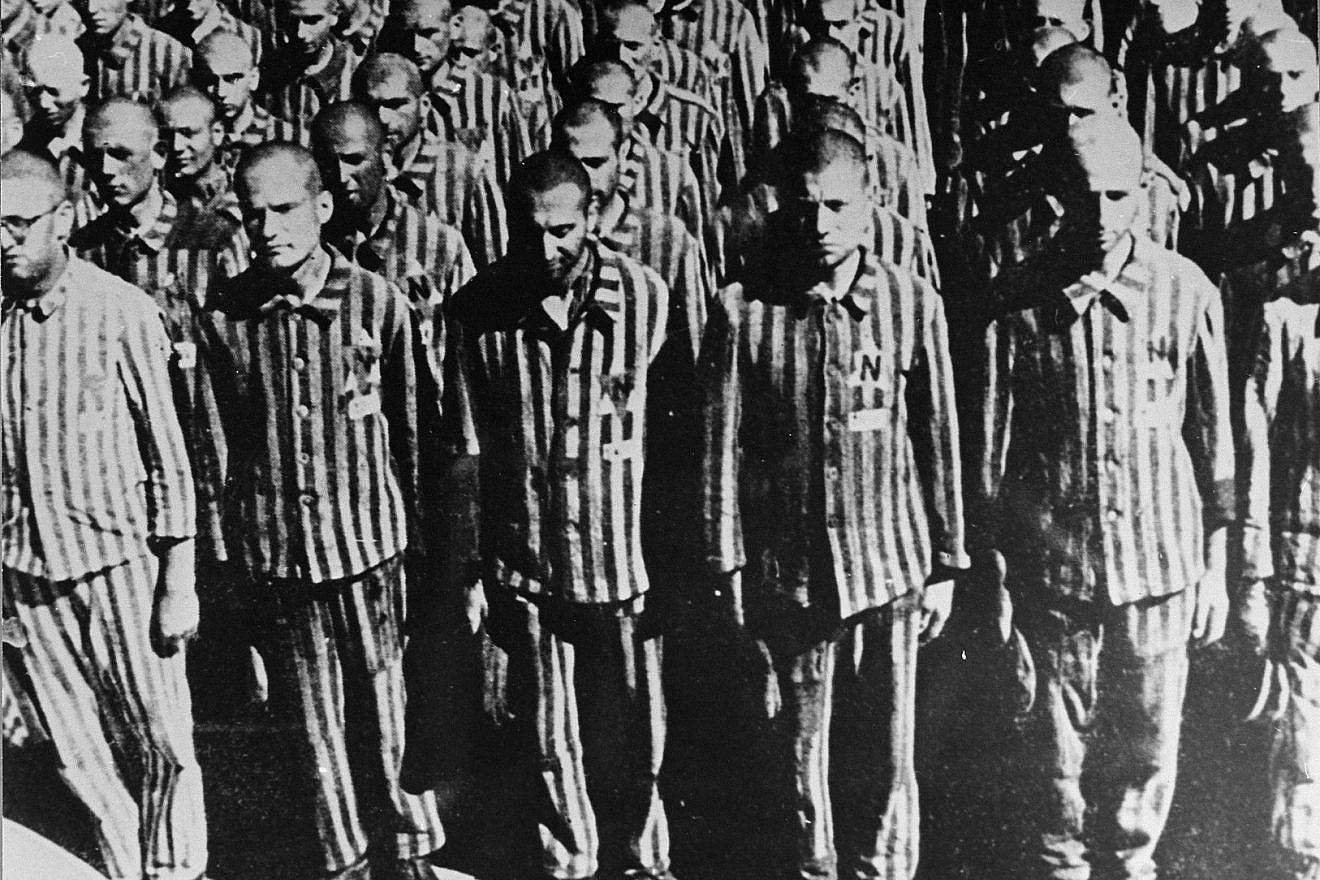Dutch forensic investigators have identified the remains of a man executed by the Nazis in the Netherlands eight decades ago as that of a Jewish resistance hero after locating a cousin in Australia, investigators said on Wednesday.
Bernard Luza, 39, was killed by a firing squad in 1943 after he and hundreds of other Jews were arrested following a raid on a factory in northern Amsterdam on Nov. 11, 1942. His body was discovered in 1945 in a grave with four others, buried at a shooting range near Schiphol Airport.
Two of the bodies were quickly identified, while a third was named in 2013. But the two others, including that of Luza, remained shrouded in mystery.
“Now, through the use of DNA technology employed in a relationship study, his [Luza’s] remains were finally identified,” said Geert Jonker, head of the Dutch Defense Ministry’s forensic unit specializing in identifying human remains.
He said the identification was made possible after Luza’s cousin was found in Australia.
“After more than 80 years, his relatives finally have certainty about the fate of their missing family member,” Jonker said.
A member of the Dutch Communist Party and the People’s Militia, Luza joined the resistance after the Germans invaded in May 1940.
“Seen as the leader of a resistance group, Luza was accused of distributing an illegal underground newspaper and calling on people to commit sabotage,” the Dutch Defense Ministry said in a statement.
Luza’s wife, Clara, and young daughter Eva were murdered in the Sobibor extermination camp. His father, Solomon, and five of his brothers and sisters also died in the Auschwitz and Sobibor death camps.























